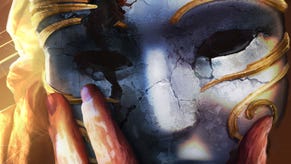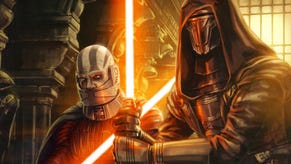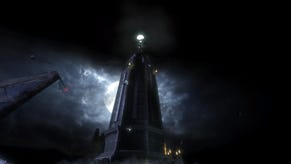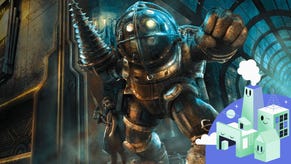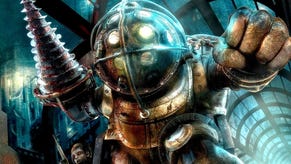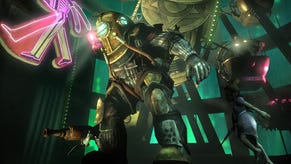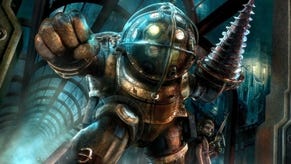BioShock: A Defence
Would you kindly quit your whining?
"THE CHOICE DOESN'T REALLY MATTER."
The game was built up as posing challenging moral decisions and showing the consequences. Now, Levine's backed off on some stuff - he's said that the multiple endings wasn't his idea, and they weren't too pleased with how they turned out... but that's irrelevant to what the game actually does. What does the resultant game say?
Some have noted the game's incredibly judgmental - that the ends are you being the Best Dad In The World or some guy who's going to go nuke-crazy.
Hmm. Let's put it in a sentence:
Is it acceptable to kill defenceless girls to stay alive, just because someone tells you do?
BioShock says no. The answer's just "No". It's not something with grey areas - if you do so, you're someone who prioritises your own existence over someone else's or an easily lead dupe. There's no moral excuse. You're an ethical monster, and are made of the same stuff of Fontaine. Or, alternatively, you're someone who treats it just as a videogame. You're not thinking about it at all, just the lovely Adam. In which case, yes, BioShock - a game that's furious that it's a videogame - doesn't think much of you either.
This isn't a problem with BioShock. This is the absolute message. Perversely, for all its claims of edginess, it's the most old-fashioned decent videogame of the year. Where others have teased the idea of good and evil options, pandering to your tastes, BioShock just glares at you. You killed some kids? What Kind Of Person Are You?
"PLOT HOLE X."
For this, file anything that's similar to "Why don't the baddies use the Vita Chambers?" In other words, things which are explained in the game which you didn't play - or think about - deeply enough to discover. Which is fine - it's a game that works on a visceral level - but in doing the equivalent of speed-reading a decent novel, assuming they've missed something isn't a terribly fair thing to do. And BioShock - in a more elegant way than Assassin's Creed - does nest most of its mechanics in its fiction.
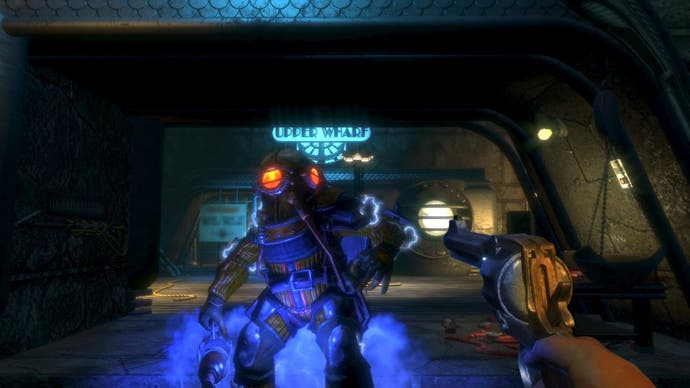
(And, no, I'm not saying that everything in the game ties off neatly. Just that more does than it's being credited with.)
Now, this kind of segues into the whole "BioShock isn't as smart as it thinks it is" argument. Having followed the threads, my position is pretty much the reverse. BioShock is a damn sight smarter than most of the people who don't think it's smart.
A completely unfair example: Games industry bible Edge were one of the few organs to not quite join in the review celebrations. One of their points was regarding the clunkiness of parts of the fiction. For example, if Ryan hated America so much, why did he make the currency "Dollars"? Which, as far as criticisms go, is a bit like wondering why Zelda doesn't include any obvious influences of the Indian subcontinent when its currency is the Rupee. Of course, Ryan's problem isn't with America per se - but New Deal democrats with their horrible back-door socialism. He's all for the laissez faire capitalism which characterised a slightly earlier era of the US - which the dollar embodies too. Generally speaking The Dollar is the absolute icon of modern capitalism - of course Ryan was going to use it. This requires a knowledge of politics and social movements in the first half of the twentieth century which the reviewer - and this is a reviewer for the most highly thought of games mag in the world - simply didn't either have or apply. It just thought it was smarter than the game.
I was recently reading an interview with Harlan Ellison in a recent issue of splendid sci-fi magazine Death Ray. He was relating an anecdote about speaking in front of a room of intelligent, educated students. One of them asks a question - it's about a word she doesn't know he used in a metaphor. Eventually, after some back and forth, they manage to work out what it is.
It's "Dachau". When pressed, it seems that about half the students in the room don't know either.
BioShock is a game that knows what "Dachau" is. This is not a thing to damn a game for.
"IT'S JUST MEDIOCRE WITH NOTHING TO REDEEM ITSELF."
I suspect I've managed to alienate everyone, even the people who clicked the link thinking that BioShock was the game of the year. But - y'know - I had to (And Tom offered me cold hard cash). I'm not convinced that hitting criticisms straight on is the way to defend BioShock. At best, you sound just as anal as the people you're arguing against. At the worst, you end up, as I did above, just calling some people ignorant. But sometimes people's positions are ignorant, and when you are, you've got no recourse but to say so.
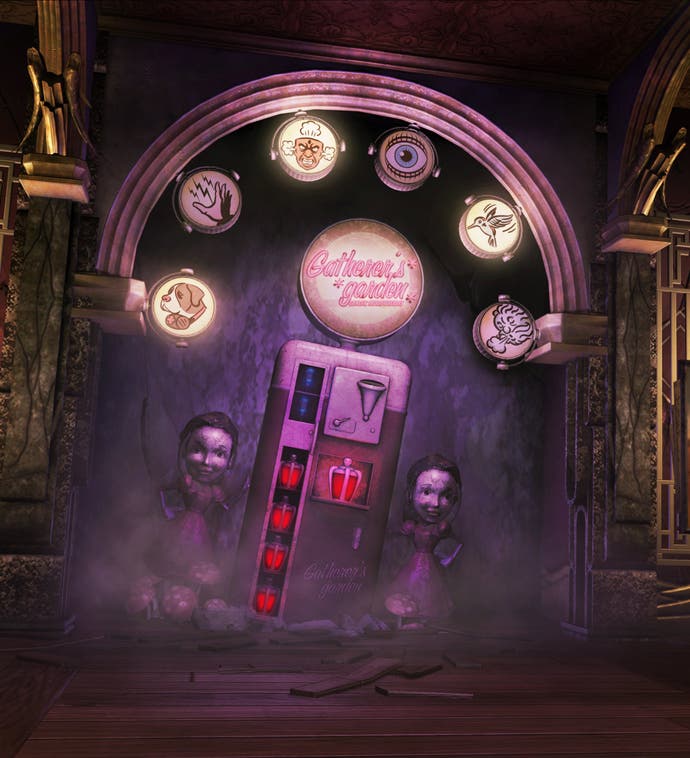
I suspect the smarter way would be to just ignore the nitpicking and hit the big thrilling chords.
Because BioShock gives back for everything you're willing to put back into it. On every level. It only was really hammered home when I watched a friend playing - I talked them into having a crack on the demo, despite primarily being into Nintendo stuff. And they cheerily arrive in Rapture and walk along, not glancing left or right or down at those banners or... anything. It felt a little like I'd just tossed someone The Wire on DVD, and they were watching it with in x32 fast-forward or something.
With BioShock, the more you look, the more you see. The more you see, the more you have to think about. The more you think about, the more you understand the bloody thing. It's created, by far, the most novel setting for a mainstream videogame this year. Most importantly, while its narrative is of enormous importance to it, it never once betrays the medium. It doesn't - say - present Rapture in cut-scenes. It puts you in a room and puts things in a room and, by induction, you come to understand the place. This is what's most novel about games in relation to narrative - i.e. setting as narrative - and BioShock does it as well as anything ever has.
People who are - say - against BioShock and in favour of Super Mario Galaxy (For the record, I love both), argue Mario is a purer game. It's not true. Mario, by dumping you in cut-scene after cut-scene you have to click tediously through, features an element which is a complete sidestepping of what games can and perhaps should be. I'd accept someone making an argument that Mario's a better game - but a "purer" one stinks of some kind of misplaced fascism. BioShock is nothing but game.
BioShock believes in videogames and what videogames can be, and - if you go along with it - it'll take you to places we've never really been before.
Also: it's the only game which had a soundtrack and ambiance so splendid we started planning a BioShock party where we could all dress up fancy and dance to Under The Sea until midnight, at which point it morphs into a ZOMBIE PARTY.
That's enough. I'm going now. Bye.
"WHAT TENNENBAUM IS UP TO NEVER REALLY BECOMES CLEAR, DOES IT?"
Okay. Got me on this one.

